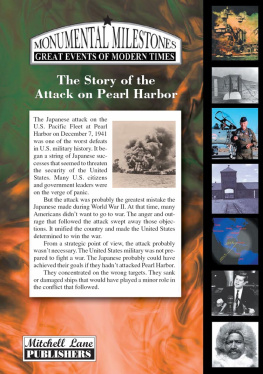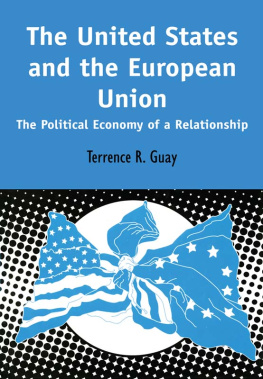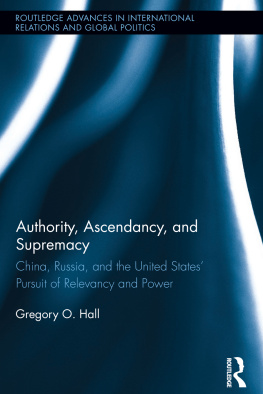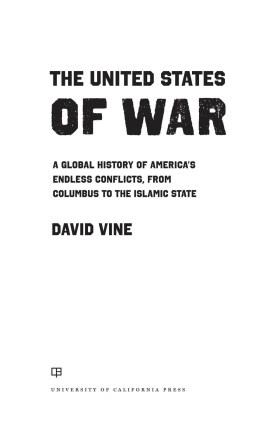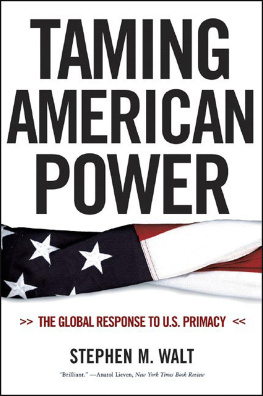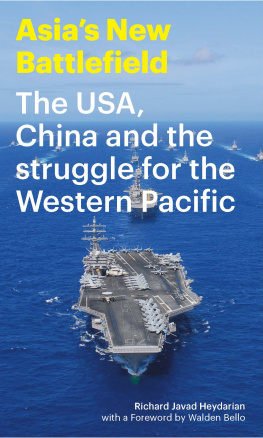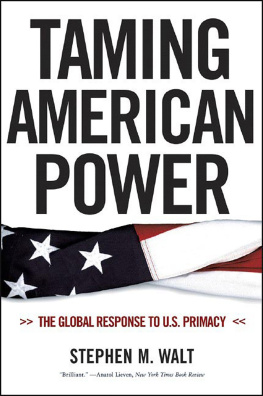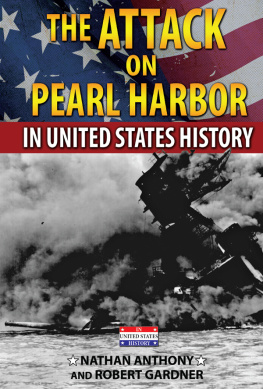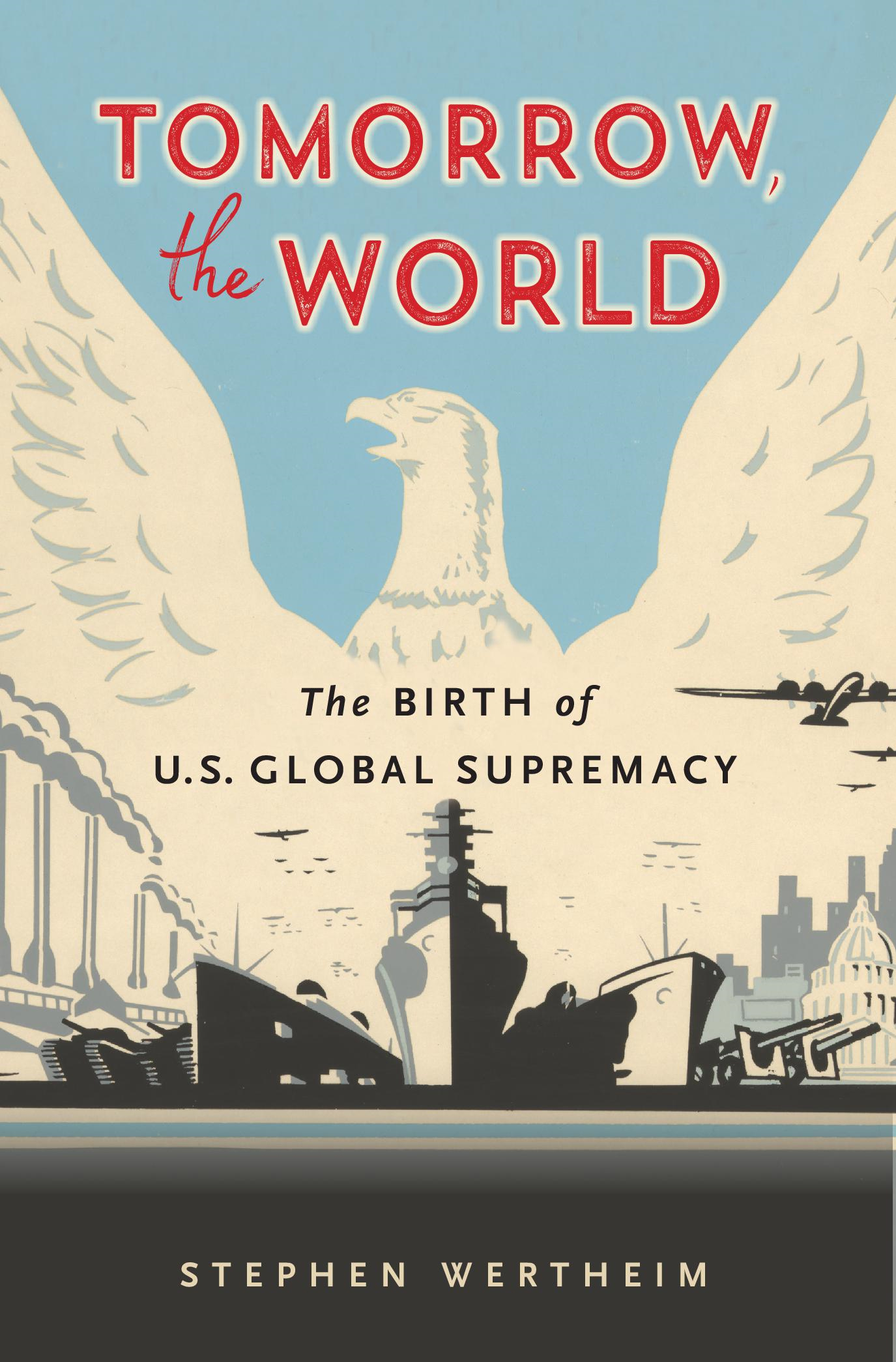Cover image: New York State W.P.A. Art project, courtesy of the Library of Congress
Names: Wertheim, Stephen, author.
Title: Tomorrow, the world : the birth of U.S. global supremacy / Stephen Wertheim.
Description: Cambridge, Massachusetts : The Belknap Press of Harvard University Press, 2020. | Includes bibliographical references and index. | Identifiers: LCCN 2020011114
Subjects: LCSH: Internationalism. | United StatesForeign relations19331945. | United StatesForeign relations. | United StatesMilitary relations.
FOR MOST OF THEIR HISTORY, Americans have claimed their nation was exceptional because it did not covet armed supremacy over the rest of the world. Accusing European rulers of seeking domination, Americans of all sortspoliticians, diplomats, intellectuals, and activistsgenerally countered that peaceful interaction would transcend the system of power politics emanating from the Old World. The circulation of goods, ideas, and people would give expression to the harmony latent among civilized nations, preventing intense disputes from arising. The mechanisms of international law, arbitration, and organization would peaceably resolve what disputes did arise. Unless and until these processes succeeded in redeeming Europe, the United States should avoid political-military entanglement there and focus instead on perfecting its own experiment in liberty and offering it as an example to the world.
In time, Americans came to identify this set of ideas with the concept of internationalism, which connoted peace, unity, and intercourse among peoples. By no means, however, did internationalist rhetoric produce pacific conduct. Internationalism helped to rationalize almost constant expansion within the imagined domain of the New World, where U.S. hegemony was supposed keep out rapacious Europeans and keep down uncivilized natives. By the early twentieth century, the United States conquered territory across North America, exercised police power throughout the Western Hemisphere, and seized colonies in the Caribbean and the Pacific. Yet Americas commitment to internationalism also circumscribed the expansion it licensed. To build a New World free of power politics seemed to preclude playing, let alone dominating, power politics in the Old World. Only a rupture, a qualitative break, would change this state of affairs. Until then, global supremacy would sound like the kind of great-power imperialism that Americans always condemned in others.
Several moments might seem to have produced the rupture, but they fell short. One of them came in 1898, when the United States seized the Philippines and Puerto Rico in a war with Spain and held them as colonies, dramatically breaking its pattern of conquering contiguous territories that it planned to incorporate into the union as equal states. The United States also announced itself as a great power spreading civilization alongside its European counterparts. Yet American leaders in the following decades remained absent from Europes alliance system. Continuing to profess a posture of nonentanglement in political and military affairs, they promoted international law as an alternative to rivalry and conflict.
Nor did the rupture occur in World War I. The United States joined the fighting in 1917, but in order to defend its legal rights as a neutral state rather than reconfigure the European balance of power. Although many Americans wanted their country to enter a new world organization to keep the peace after the armistice, they expected that armed force would rarely if ever have to be used once nations joined into a collective body. A world organization would mobilize public opinion more than armed force, preventing war from breaking out rather than waging war routinely against wrongdoers. In any case, the United States steered clear. With precious little dissent, it continued to abjure commitments to use force on the landmass of Europe and Asia and did not station its military there.
By the middle of the 1940s, however, Americas role in the world had fundamentally changed. We must relentlessly preserve our superiority on land and sea and in the air, President Harry S. Truman declared in 1945. Nor did the desire for dominance go away after the Soviet Union fell in 1991. Instead of declaring victory and bringing its troops home, the United States persisted in its pursuit of dominance and in fact resolved to seek greater supremacy than ever before.
How did the United States acquire the will to lead the world? We still do not know why, or even when, American officials and intellectuals first decided the United States ought to attain armed primacyto become the supreme political and military power holding itself responsible for enforcing world order. Worse, analysts have not squarely posed the question. Perhaps some think that U.S. dominance is justified and thus unworthy of scrutiny that might unsettle the consensus favoring it. Others may simply fail to imagine the United States seeking any role except chief arbiter of global affairs. Either way, politicians and experts have for decades heeded the call of publishing mogul Henry Luce in the 1941 essay that hailed the arrival of the American Century. As Luce wrote then, We can make a truly American internationalism something as natural to us in our time as the airplane or the radio.
Luces hope has been achieved. Americans ever since, from experts to ordinary citizens, have considered world dominance to be their nations natural role. And they have identified dominance with the pursuit of international engagement and cooperation, even when it has produced violence and enmity. Even presidents not known for hawkishness or idealism have affirmed the point. As he negotiated arms control agreements with the Soviet Union, for example, President Gerald Ford paid tribute to the leadership role that has been thrust upon us by fate.
This book calls U.S. global leadership what it was: a choice. Rather than deny that American leaders made a conscious decision to seek power, it locates and explains that decision in history. Instead of asking what took so long to summon the willingness to lead, it poses the properly historical question of why the United States opted to install itself as the worlds armed superpower at all.
The decision happened in the early years of World War II. Eighteen months before Japans sneak attack on Pearl Harbor sent the United States into the war, it was another staggering eventthe Nazi invasion and conquest of France in May and June of 1940that caused U.S. officials and intellectuals to rethink the nature of international politics and Americas place in it. As totalitarian powers led by Adolf Hitler nearly achieved mastery of Europe and tore through East Asia, American elites discarded their aspiration to one day transcend power politics. Their mission would henceforth be the opposite. Now and forever, the United States had to impose order by force or else suffer in another powers world. Even before Pearl Harbor, then, U.S. officials and intellectuals planned not only to enter the war but also to achieve global dominance long afterward. This book attempts to explain how and why.


